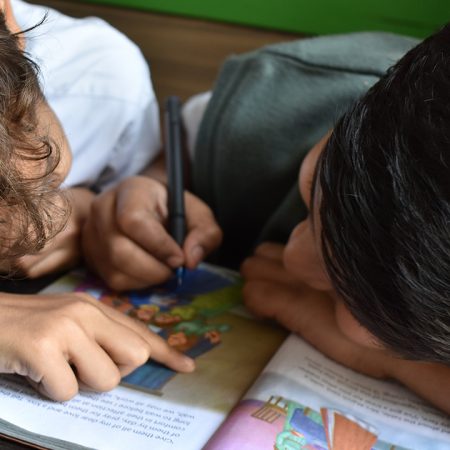Michigan Supreme Court refuses association’s COVID case
The Michigan Supreme Court has refused to hear a case filed by a business group that wants the state to compensate its members for losses due to state-ordered COVID-19 restrictions early in the pandemic.
The Supreme Court’s refusal to hear the case leaves in place a lower court decision that the Macomb County Restaurant, Bar and Banquet Association, unlike its members, was not directly affected by COVID orders and, therefore, does not have standing to sue.
The order from the Michigan Supreme Court was unsigned, but Republican-nominated Justice David Viviano wrote a dissent. He said the question of “associational standing” in the case is worth considering. He also wrote a decision from the court could provide guidance on the limits of state powers in future health emergencies.
Viviano wrote there could be some situations where an association can represent members’ interests without requiring individual businesses to file lawsuits.
“Plaintiff has made a persuasive argument that its interest as an association is sufficient for that purpose,” he wrote. “This is a jurisprudentially significant issue that I believe warrants our careful consideration.”
It is more typical for individual plaintiffs to file lawsuits while organizations representing specific interests can file “amicus” briefs with a court.
Sam Backos is a restaurant owner and a board member of the Macomb County Restaurant, Bar and Banquet Association. He told the Michigan Public Radio Network that a legal technicality should not keep the case from being heard.
“We look at it as, what’s the difference?” he said. “We’re filing a collective argument here to seek some relief. Nobody is discussing the merits of our case. They’re saying, no, you don’t have standing, which we disagree with.”
The Supreme Court order effectively upholds a Michigan Court of Appeals decision from October of 2022, which held a lower court “correctly concluded that plaintiff was not the real party in interest and was not the proper party to bring monetary claims on behalf of its members. Plaintiff made no assertion that the executive orders restricting the food-service industry affected the legal rights of plaintiff itself. That is, it failed to identify any actual controversy between itself and defendants.”
Backos said the Michigan Supreme Court order may have wrapped up the case in state courts, but is not the final word. He said his organization plans to take the case next to the U.S. Supreme and will file early next year.
Trusted, accurate, up-to-date.
WDET strives to make our journalism accessible to everyone. As a public media institution, we maintain our journalistic integrity through independent support from readers like you. If you value WDET as your source of news, music and conversation, please make a gift today. Donate today »The post Michigan Supreme Court refuses association’s COVID case appeared first on WDET 101.9 FM.

